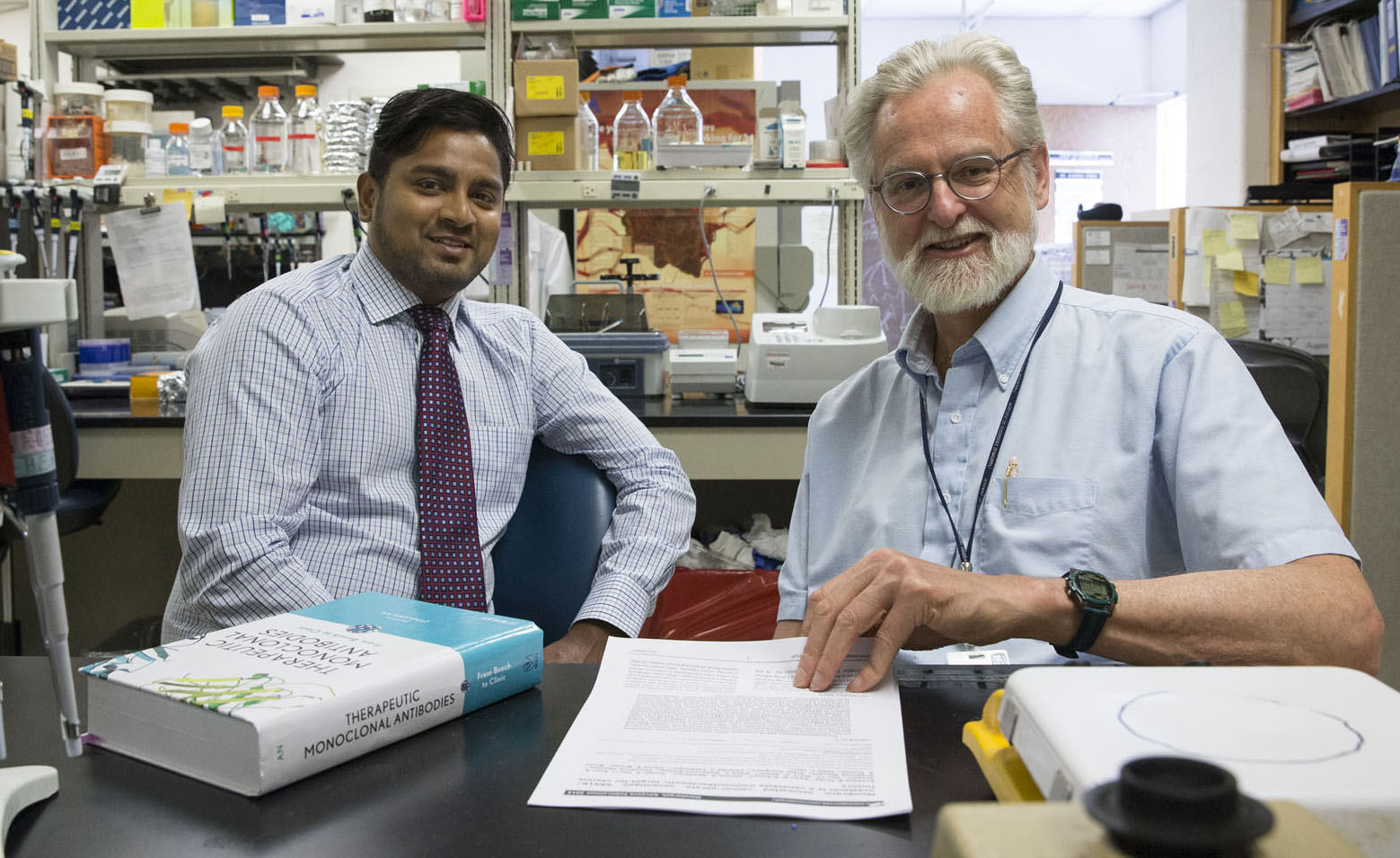This month, researchers shared news that can change how we treat cancer. But they also looked at what we’re doing with the data that never makes headlines.
Targeted Lung and Prostate Cancer Treatment
The One-Gulp Synopsis:
More effective treatments for lung and prostate cancer
The Bigger Bite:

“One of the biggest problems in cancer is that we hit everything with the same hammer, and consequently some cancers are responsive and others are not. Imagine if you could find the perfect hammer for the nail — the famous personalized therapy,” says lead researcher Anindya Dutta, MD, PhD, of the UVA Cancer Center.
Researchers identified two new cancer-causing gene mutations, which could lead to more targeted and effective treatments for certain lung and prostate cancers. What’s more, the existing FDA-approved drugs that treat breast cancers with the BRCA1 and BRCA2 gene mutations may also work on the newly-discovered mutations.
One of those mutations may also be involved in early menopause, which gives scientists researching this condition a new angle to pursue. Learn more about these targeted treatments.
Accessible Scientific Knowledge
The One-Gulp Synopsis:
Help for data-drowning scientists
The Bigger Bite:
Wladek Minor, PhD, says researchers are drowning in data. His lab alone produces more than he can publish, and there’s no way for others to access it. “I could stop doing any experiments today, and I will publish 15 papers per year until I retire.”
On June 1, Minor received a National Institutes of Health grant to help scientists manage and access all this data. He has already built an online search engine offering easy access to a particular set of submicroscopic data. Its design is simple and un-intimidating but can be customized for the users’ industry.
Read more about Minor’s work and access the database.
Creating Immunity to A Deadly Parasite
The One-Gulp Synopsis:
We’ve found a new way to protect against a deadly parasite.
The Bigger Bite:
Typically, there are two effective approaches to protecting people from diseases:
- Targeting the pathogens with medicine
- Dealing with conditions such as unclean water that transmit the diseases
The problem with these approaches? Pathogens, like the parasite E. histolytica that was used in this study and that kills hundreds of thousands of people each year, eventually develop resistance to the medicine.
So UVA researchers have developed a third strategy: Targeting the human genes that enable the pathogens to cause the disease.
“This could be the plan B,” says William A. Petri Jr., MD, PhD, chief of UVA’s Division of Infectious Diseases and International Health.
Find out how the gene-targeting works and next steps.
Don’t Get on the Plane! Advice for Travelers
The One-Gulp Synopsis:
Don’t fly if you’re sick or just had surgery.
The Bigger Bite
An airplane is one of the worst places to have a medical emergency. Even if there are healthcare providers on board, they may not have the right equipment, enough space or enough assistance. William J. Brady, MD, wants providers and everyone else to think ahead about how they’ll handle this situation. To help with this, he and his colleagues offered advice in a New England Journal of Medicine article.
Can’t Get Enough Research News?
For new discoveries and clinics, check out the Health System’s online newsroom.
Travelers, Brady said, should use good judgment and listen to their doctors. Don’t fly if you have:
- A high fever
- The beginnings of an illness
- Just had an illness
- Recently had surgery and don’t have a doctor’s approval
“Don’t get on an aircraft and have a bad event occur just because you’re in a rush to get somewhere.”
Read more about the guidelines for healthcare providers.
Attacking Cancer Cells: A New Strategy

The One-Gulp Synopsis:
Could lead to cancer treatments with fewer side effects
The Bigger Bite:
“We think we have a way not only to more specifically target cancer cells, but a way that could become a frontline treatment for women who have cancers of many types and want to preserve fertility,” says biologist John Herr.
Herr and his colleague Eusebio Pires, PhD, discovered a link between developing egg cells and tumors while researching new conception methods. The tumors have a protein that is normally only found on the surface of a woman’s egg cells.
What Does This Mean for the Future of Cancer?
By targeting the protein, researchers could kill cancer cells without affecting healthy cells. Patients wouldn’t have side effects like hair loss, nausea and anemia. While the treatment would also attack a woman’s developing egg cells, she would still have a large of supply of eggs in her ovaries – so she won’t lose the ability to get pregnant.
What’s the Timeline?
Pires and Herr will begin testing a treatment later this fall. They hope to know within a year if they’re ready to begin testing in humans.
Find out which cancers could be impacted.
